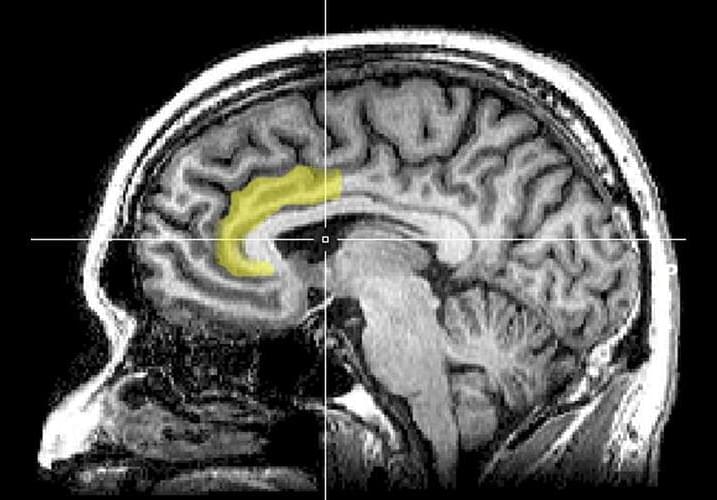A new study has identified neuroplastic changes in brain structure that accompany attention bias modification training in highly anxious individuals. The findings, which appear in the journal Biological Psychology, shed light on the mechanisms underlying the efficacy of the treatment.
Research has demonstrated that the brain prioritizes threating information over non-threatening information. But in highly anxious individuals, this attentional bias can become exaggerated and detrimental. The authors of the new study sought to better understand the changes in brain structure that result from attention bias modification, an intervention that seeks to systematically train attention away from threatening stimuli and toward neutral stimuli.
“Our lab has had a longstanding interest in understanding the behavioral and neural mechanisms of affective attention and attentional bias to affective information,” said study authors Josh Carlson and Lin Fang of the Cognitive x Affective Behavior & Integrated Neuroscience (CABIN) Lab at Northern Michigan University.
